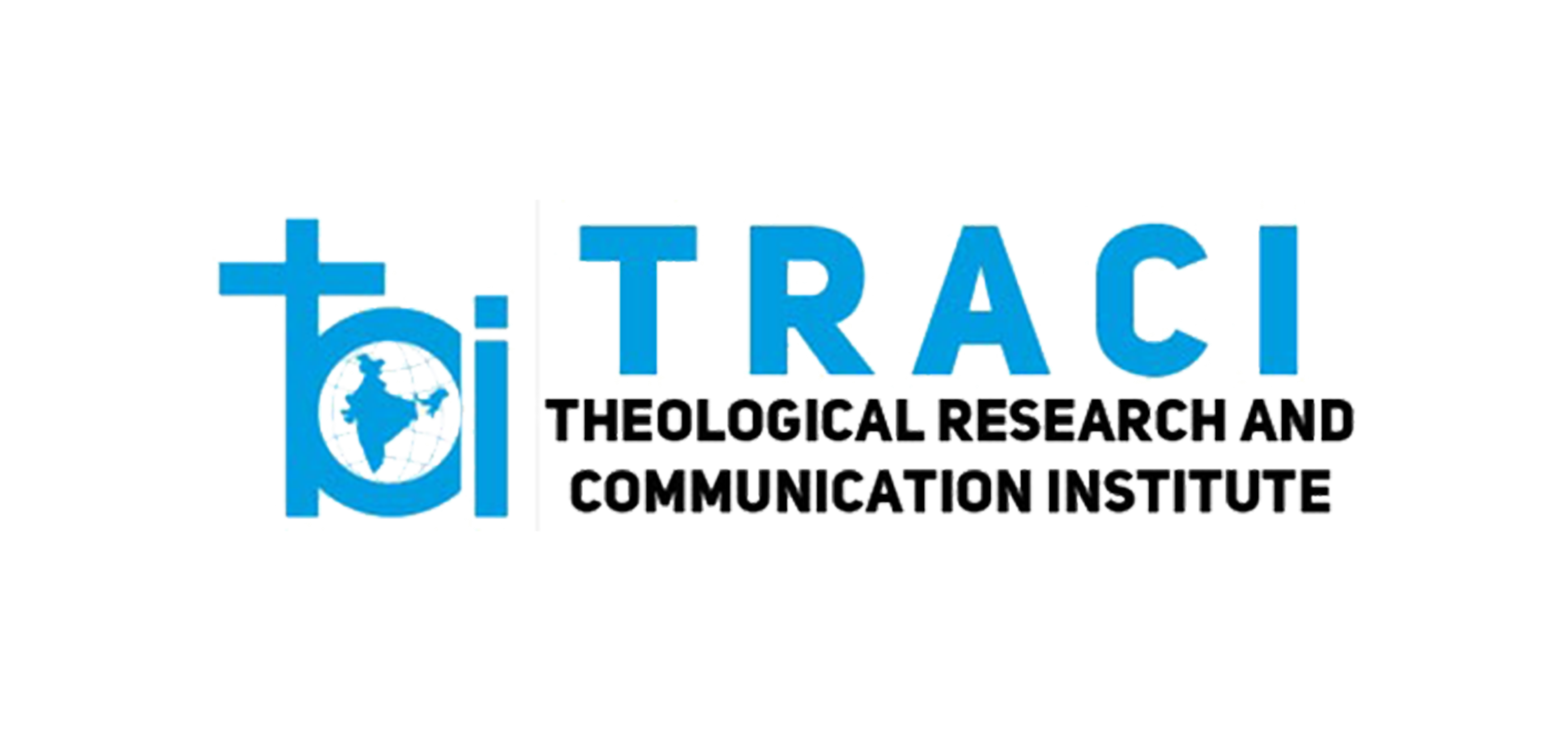India is the fifth most vulnerable country to climate change according to report released by Environment think tank Germanwatch, we have newspaper reports callings out Delhi as a smoke chamber, stories of floods, records storms, drought etc. And in the midst of rising concerns on environment and the seemingly apathy of countries and leaders; democratic or otherwise, humanity stands at interesting times. History has gone through climate change and global warming but never as unprecedented and damaging as today. Human actions in the past 200 years especially with the onset of industrialisation have fundamentally changed the earth system bringing about life changing consequence.
On the 29th Nov 2019, TRACI organised the lecture on ‘Climate Change and its Implications: A Christian Response’ in TWR, New Delhi. This lecture was a culmination of the conference (10th September) on the theme: God, Humans and Earth: Climate Change and its implication. It sought to addresses the concerns of climate change and engaging critically to develop a Christian response.
Brief presentation on the present climate change scenario by Roy K Alex acquainted or reacquainted the attendees with the grim reminder that the world today may already have crossed a series of climate tipping points as reported by scientific data brought out by UN, IPCC, environmental civil societies etc as well as its implications on health, economy. These reports presents an almost apocalyptic scenario that leaves one feeling almost helpless and small in the face of the enormity of the situation and the response of the world leaders in the various summits seems to be polarising the issue even further as the North- South debate on responsibility is at an impasse. The poor continue to be more vulnerable to the adverse effects of climate change and it highlights the inequality and brokenness of the current system.
Climate change is thus a justice issue and a theological response is the need of the hour for understanding and addressing environmental concerns. Rev. Dr. Praveen Perumala (CSI-EMS Liaison Officer, Chennai) through his lecture provides us a lens to look at the issue theologically. While the Bible does not specifically make a reference to climate change and how to deal with it, beginning with Genesis, the creation story, we see a project that God says is good. In the triune God we see a relational God and creation being a reflection of this relationality and humankind being called to be stewards. However sin destroyed the beauty of creation. Thus we need to recognise the brokenness of the system and the need for restoration and according to Rev. Dr. Permula, the only way to do this is by responding in the spirit of repentance and reconciliation.
He uses the Law of Entropy to establish how the current development paradigm with emphasis on production and consumption is contributing to production of pollution. He also provided critical scholarships that debunked the Darwinian narrative of ‘survival of the fittest’ by examining that Darwin believed that it is in cooperation and symbiosis and reciprocity that cells flourished and thrived.
There has to be a paradigm shift in Christian’s response by recognising Christianity as a movement and the Church as a community of believers that recognises that God’s kingdom is not in the afterlife but is here and now and to that extent, we are partners in the creation project. Thus examining the past in the spirit of repentance and reconciliation and responding to climate change is required of Christians. The theology of ecological justice entails that we share solidarity with minorities, tribals and Adivasis to safeguard their rights and their environment through constitutional provisions, develop a critical understanding of patriarchal structure and exploitation. Finally environment and climate change concerns also transcends state boundaries. Thus another response would be to forge solidarity with global movements that works on demsytifying myths of economic growth, and technological solutions to problems that men have created in the first place.
Dr Shantannu Dutta responded to the lecture appreciatively whilst also bringing to the table certain critical aspect of the political nature of these movements and whether the Churches can be autonomous of the political. Questions were also raised on conscientious lifestyle and food habits that as Christians we ought to take a call on. While the case study of the Church of South India (CSI) was presented on its engagement with the theology of ecology in praxis through various initiatives, there is no doubt that there is a need of more critical engagement for Christians and the Church and opposed to the negative connotation with which one use the word political, the Church cannot not be non political as Environment and policy decisions and intervention in Government policies are all political. The lecture saw a healthy participation of students, working people, ministers, academicians and hopefully the conversations would go on

